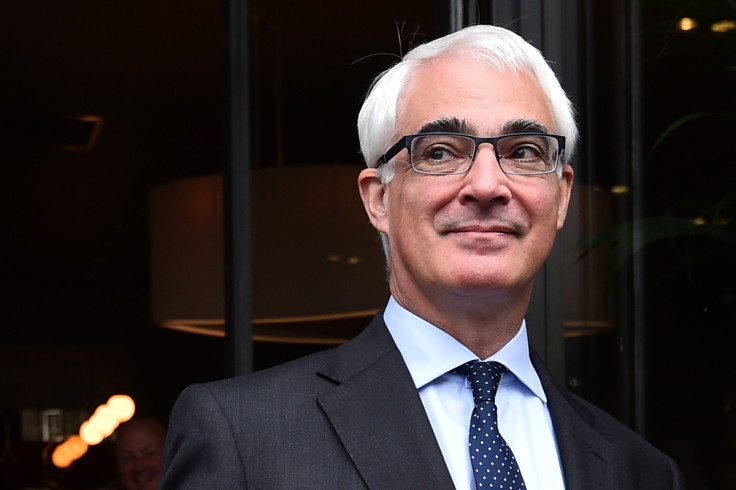Ten years on from the global financial crisis former chancellor warns of 'complacency'
Lord Darling says regulators must remain very vigilant about risks to the global economy.

Ten years on from the global financial crisis, former UK chancellor Alistair Darling has warned regulators of "complacency" while opining that the financial system was much safer now than it was back in 2007.
Having been elevated to the House of Lords since, Lord Darling became chancellor in June 2007, a mere two months before French bank BNP Paribas closed down several investment funds citing problems in the US securities market, largely deemed to be the start of the global financial crisis.
The admission by BNP Paribas, on 9 August 2007, exasperated a burgeoning US sub-prime loan default crisis to a global level.
The collapse of investment bank Lehman Brothers followed, and closer to home Darling was left staring at the first run on a UK lender in 140 years – Northern Rock – followed by a massive bailout of a British bank, RBS, that at the time had become the biggest in the world.
A decade on, Darling has called on regulators to be "very, very vigilant" about the risks to the economy, given that rising level of consumer debt in the UK economy was a growing concern.
"The lesson from 10 years ago is that something that can start as apparently a small ripple in the water can become mountainous seas very quickly," he told BBC Radio 4's Today programme, adding that while the financial system was a lot safer now "complacency" was not an option.
The rising levels of consumer debt, should "raise alarm bells" for an economy so dependent on consumer spending, Darling said.
"When interest rates go up, and they will go up, if not this year then certainly next year, and suddenly people find they are going to be paying more in their monthly payments, that's when you need to watch out."
The RBS clanger
Looking back at the chaos of the 2007-08 crisis, Darling noted: "In the early stages it looked that there was just a problem with [the bank] Northern Rock.
"However, it became clear as we went through August of 2007 that more and more banks were becoming reluctant to lend to each other - which was extraordinary at that time - and that there was a more deep-seated problem."

In October 2008 came what Darling describes as "probably the most scary moment" of the crisis.
"I had to go to one of these meetings of European finance ministers, and I was asked to come out and take a call from the then chairman of RBS [Tom McKillop] who said the bank was haemorrhaging money.
"Remember this was not only the biggest bank in the world, it was about the same size as the entire UK economy. I said to him: 'How long can you last?' And what he said to me shook me to the core. He said, 'Well we're going to run out of money in the early afternoon'."
If the government hadn't intervened as it did, a move that has come in for subsequent severe criticism, Darling noted "there would have been blind panic throughout the entire banking system, not just in the UK but around the world".
The former chancellor also warned the next crisis was likely to come from "somewhere unexpected and from causes that haven't yet been identified".
© Copyright IBTimes 2025. All rights reserved.






















